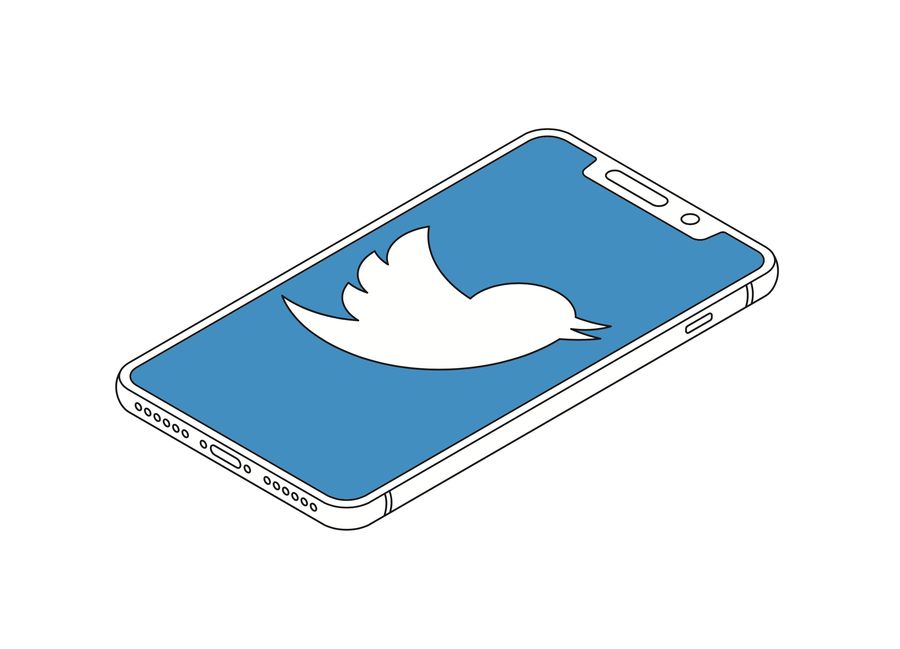When Twitter’s Private Chat Goes Down, the Public Roars
A terrifying reality faced Twitter users after the platform’s private messaging feature Direct Messages (DM) became unstable. Twitter confirmed the case shortly after tens of thousands of tweets triggered a trending phrase.
Twitter doesn’t profit from the use of what may be one of its most successful features, and it is a strange thing to think about in that context: a publicly-traded web platform known for public information-sharing having a beloved, private purpose. But that’s specifically what DM is—a private function. What DM represents is a case study in the dissonant and conflicting definition of what “social” and “media” mean, and it all hinges on the issue of privacy.
Does social media necessarily require a public audience? #
Social media is usually considered a prototype of modern, public expression. But “social” implies, importantly, that someone is listening or observing that expression. When someone is listening or responding one-on-one, or in group chats, does that not also constitute social behavior? And if that behavior takes the form of creating media: is that not social media, in a semi-private state? (Note: you should not assume DMs are private.)
Many people have struggled to say if they believe private chats are Social Media, the way the platforms themselves say they are, even though DM and similar chat programs are practically both social and media. This is all to say, I believe that DM* *is functionally social media, we just haven’t recognized it as such. For many users, DM is Twitter. For some, when DM malfunctions, it means all of Twitter is down. You can see it in the way people react to losing it: they expect it to be part of their experience on an otherwise public platform.
But what about the individual Twitter user? Why should anyone care who sees tweets or if DM is down? Consider listening to those who mourn the loss of DM. Even on a platform celebrated for open discussion, privacy is valued. Companies and people define privacy differently, too: when users talk about "privacy" they usually mean control over who can see what they post. When social media companies talk about it, they usually mean who they can sell your data to.
Given the rapid response, it appears Twitter understands the value of the feature. For those who don’t care, it may seem curious to see eighty thousand public statements about a private matter. But the lesson is clear: many people expect to be able to choose who they talk to even in the digital world, and even on Twitter.
Looking for other ways to customize your Twitter experience? Check out this Twitter-built app that helps users to hide replies containing toxic language in your conversations.

